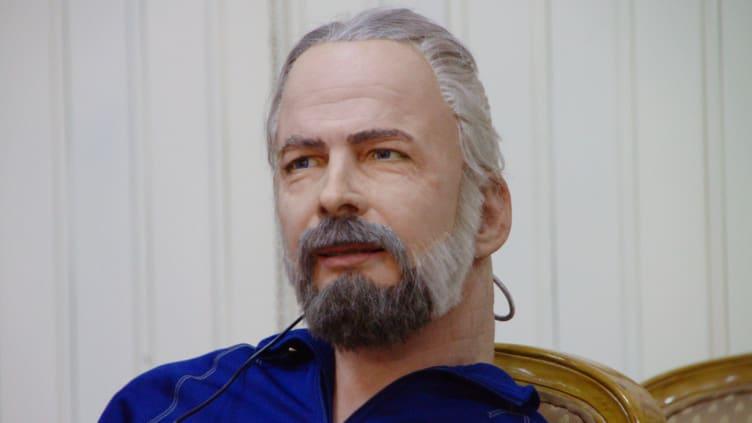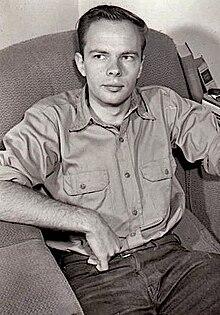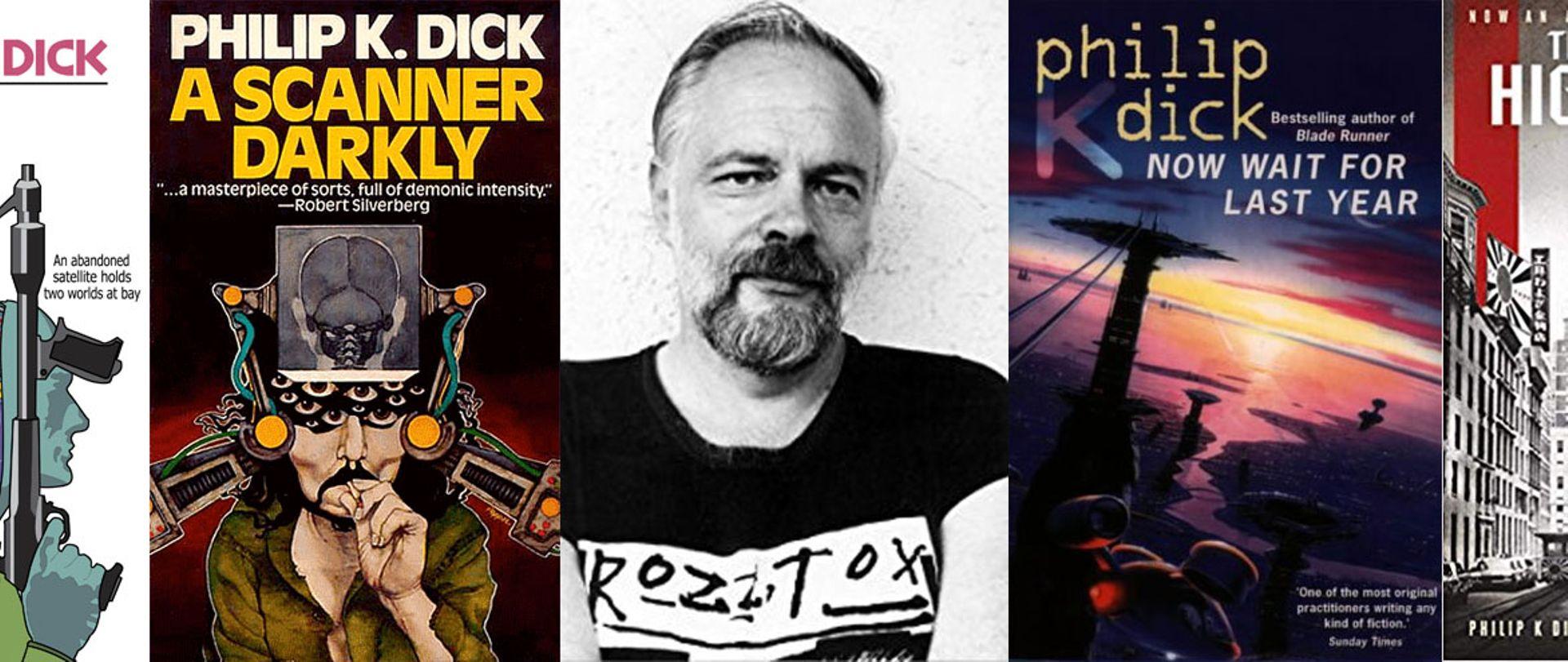Philip K. Dick stands as a towering figure in the realm of science fiction, not merely for his prolific output or the cinematic adaptations his works have inspired, but for the profound philosophical inquiries embedded within his narratives. As readers traverse the labyrinthine worlds of Dick’s imagination, they encounter questions that transcend the boundaries of genre fiction, probing the nature of reality, identity, and consciousness. His stories often blur the line between the tangible and the illusory, inviting readers to question the very fabric of their existence. This article delves into the philosophical underpinnings of Philip K. Dick’s science fiction, examining how his speculative worlds serve as a canvas for exploring existential dilemmas and the human condition. Through an analytical lens, we will uncover the thematic complexities that make Dick’s work not only a staple of speculative fiction but also a rich source of philosophical discourse.
Exploring Reality and Perception in Philip K. Dicks Universes
Philip K. Dick’s works delve deeply into the nature of reality and perception, creating universes that challenge the very fabric of what we consider to be real. In these intricate worlds, perception is a fluid and often unreliable construct, compelling readers to question the authenticity of their own experiences. Dick’s narratives frequently explore the idea that reality is subjective, shaped by individual consciousness and external influences, such as technology or drugs. This theme is vividly illustrated in novels like Ubik and A Scanner Darkly, where the line between reality and illusion is blurred, leading characters—and readers—into a labyrinth of uncertainty.
- Perception vs. Reality: Characters often grapple with distorted realities, questioning what is real.
- Technological Influence: Advanced technologies alter perceptions, creating simulated or alternate realities.
- Existential Questions: The narrative raises philosophical inquiries about the nature of existence and consciousness.
Through these thematic explorations, Dick invites a contemplation of the human experience, suggesting that our grasp on reality is tenuous at best. His stories serve as a reminder of the power of perception and the potential for its manipulation, urging us to remain vigilant and reflective in our understanding of the world around us.

The Role of Identity and Consciousness in Dicks Narrative Structures
Philip K. Dick’s narratives are a profound exploration of identity and consciousness, often challenging the reader to question the very nature of reality. Through his intricate storytelling, Dick delves into the fluidity of self-perception and the malleability of consciousness, creating worlds where characters grapple with fragmented identities and shifting realities. These themes are not just plot devices but are integral to understanding the psychological and philosophical underpinnings of his work. By blurring the lines between human and artificial consciousness, Dick invites readers to contemplate the essence of what it means to be ‘real’ and ‘alive’.
- Fragmented Identities: Characters often find themselves questioning their own identities, with memories and experiences that may or may not belong to them.
- Artificial Consciousness: The distinction between human and machine consciousness is frequently explored, challenging the notion of what constitutes a sentient being.
- Reality vs. Illusion: Dick’s narratives often feature worlds where reality is subjective, forcing characters to discern truth from illusion.
These elements serve as a lens through which Dick examines the complexities of human experience, making his science fiction a rich tapestry of philosophical inquiry. His works compel us to reflect on the constructs of our own identities and the consciousness that shapes our perception of the world.

Technological Dystopias and Their Ethical Implications in Dicks Works
Philip K. Dick’s literary oeuvre is replete with visions of technological dystopias that serve as cautionary tales, illustrating the profound ethical dilemmas that arise in such futures. His works often explore the blurring lines between reality and illusion, humanity and artificiality, freedom and control. The Man in the High Castle presents a world altered by technology, where authoritarian regimes employ advanced surveillance and mind control, questioning the very essence of free will. Similarly, Do Androids Dream of Electric Sheep? probes the ethical implications of artificial intelligence and the moral status of synthetic beings, challenging readers to reconsider the definition of consciousness and empathy.
In these narratives, Dick consistently underscores several ethical concerns:
- Loss of Individual Autonomy: The encroachment of technology on personal freedoms is a recurrent theme, emphasizing the potential for control and manipulation.
- Identity and Authenticity: The creation of artificial beings and virtual realities prompts questions about what it means to be genuinely human.
- Moral Ambiguity: Characters often navigate morally complex worlds, reflecting the unpredictable consequences of technological advancements.
Through these dystopian settings, Dick invites readers to critically examine the potential trajectories of our technological evolution and the moral responsibilities that accompany such power.

Influence of Philip K. Dicks Philosophical Themes on Contemporary Sci-Fi
Philip K. Dick’s works are rich with philosophical themes that have significantly shaped contemporary science fiction. His exploration of identity and reality challenges readers to question the very fabric of existence. These themes are often embodied in his characters who grapple with their own consciousness and the nature of their worlds. Dick’s frequent exploration of what it means to be human, especially in the context of technology and artificial intelligence, prefigures many modern narratives that explore the blurring lines between human and machine. This is evident in films like Blade Runner and series such as Black Mirror, which delve into these same existential dilemmas.
- Reality vs. Illusion: Dick often questioned the nature of reality, a theme that has permeated modern sci-fi through stories that depict simulated worlds or altered perceptions.
- Identity and Consciousness: His work frequently examines the essence of self, inspiring contemporary stories that explore the fluidity of identity in digital and virtual environments.
- Human vs. Machine: The exploration of sentient machines and the ethical implications of artificial intelligence in his narratives have become a staple in current science fiction discourse.
These philosophical inquiries not only enrich the genre but also invite audiences to reflect on their own experiences and the evolving technological landscape. Dick’s influence is evident in how modern sci-fi often serves as a mirror, reflecting societal fears and aspirations about the future of humanity and technology.
